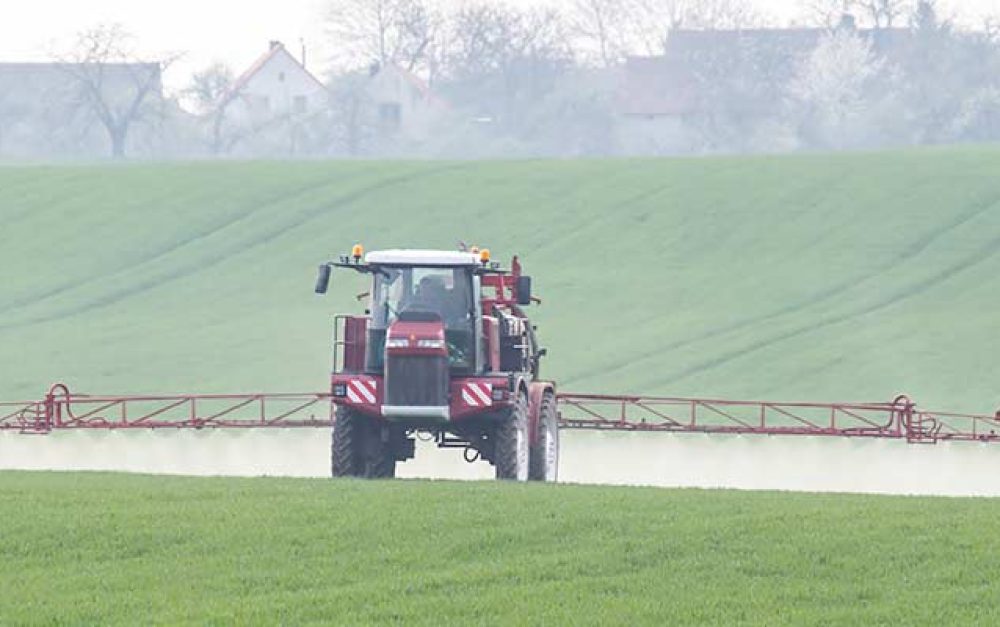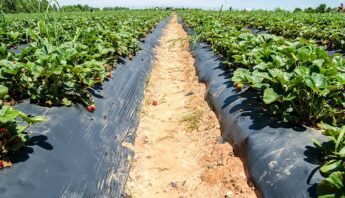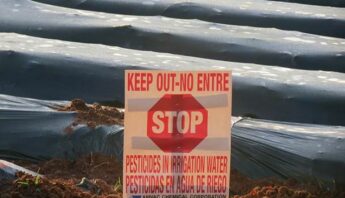Late last week, the California Department of Pesticide Regulation released the results of annual pesticide use reporting – the only reporting like it in the country – offering a glimpse into what potentially hazardous pesticides are being used in the state.
Despite fewer plantings and crop loss across the state due to the drought, hazardous pesticide use increased in some counties.
After conducting an analysis of the 2014 data, Mark Weller, co-director of Californians for Pesticide Reform, released the following statement today:
“Pesticides, whether they are sprayed, fumigated or air-blasted, are used in troubling amounts across California. This is particularly true near the state’s most vulnerable populations, including schoolchildren. In particular, the new data show that use of Dow’s cancer-causing soil fumigant Telone (1,3-D) increased, and that use was more concentrated on fewer acres. Use of the soil fumigant chloropicrin also increased to the highest level ever reported in California. This is particularly concerning since a recent study by the University of California Los Angeles showed that exposure to these fumigant pesticides — which are among the most frequently-used pesticides near schools — in combination can lead to even higher risk of cancer than exposure one by one. And they join the even larger, poorly regulated chemical cocktail of dozens of other pesticides used near schools, homes and in fields where farmworkers can be exposed. Many of these pesticides have been linked to hormone disruption, reproductive harm and neurological impacts. It isn’t all bad news. Use of biopesticides has increased. These products tend to be lower toxicity and tend to break down more quickly.”
Press contact: Paul Towers, PAN/CPR, 916-216-1082, ptowers@panna.org







